One of the most important responsibilities as a cat owner is to provide your cat with the essential nutrients required for its maintenance and growth. A cat’s diet needs to achieve the right balance of the five major groups of nutrients: protein, fats and oil, vitamins, minerals, and carbohydrates. A cat needs to obtain 41 different specific nutrients from cat food and it is to be kept in mind that a pet requires nutrients not ingredients.
Cats are obligate carnivores which mean that they need meat in their diet. They require higher levels of protein which can be obtained from chicken, beef, fish and eggs. Protein is responsible for healthy muscles, hair and skin. It is also an integral part of the immune system and ensures transportation of oxygen. Insufficient protein in cats can lead to poor growth and coat condition, loss of muscle bulk and increased risk of infection through impaired immunity. Fat acts as a �fuel’ to a cat as it helps them stay active providing twice as much of energy as protein. Essential fatty acids such as Omega-3 and Omega-6 are required for a healthy coat and skin as they provide insulation and protect internal organs. All Vitamins (A, B, C, D, E and K) are important for cats. Vitamin A, D, E and K are called as �fat soluble’ vitamins and are stored in cat’s fatty tissue, whereas, Vitamin B complex and C are called as �water soluble’ vitamins and are excreted in the urine. Vitamins are required in small amount in the diet to help maintain growth, a healthy skin and coat and also normal vision. It is also required for wound healing and normal functioning of the nervous system. Minerals like calcium and phosphorous are essential for healthy and strong bones and teeth. They are mainly important for kittens. Other vital minerals for normal body functions are sodium, chloride, magnesium, potassium, zinc, copper and iron. Carbohydrates are not a significant component of the cat’s diet, it is however a source of immediate energy. Another indispensable nutrient for a cat is Taurine. It is an essential amino acid that is only found in meat protein and is mandatory for a healthy heart and good vision.
Water is an equally crucial ingredient in a cat’s diet. The amount of water a cat needs depends on several factors including environmental temperature, exercise levels and whether they are eating wet or dried food. A loss of only 15 per cent of their water can lead to death and insufficient water intake can also contribute to bladder problems and cystitis. So it is necessary to provide fresh and sufficient amount of water to cats.
There are three type of food available in the markets for the cats:
Dry food � It is generally cooked under high heat and pressure, fat is later sprayed on it to make it palatable. Some heat-sensitive vitamins and minor ingredients are added after the high heat process of cooking.
Wet food - Canned foods or wet foods are higher in protein and fat, and lower in carbohydrates, than dry foods. It has more moisture than dry food therefore it increases the cat’s overall fluid intake, which keeps the bladder and kidneys healthy. High amount of fat contributes to a healthy skin and coat. The ingredients are more easily digested and utilized by the cat’s body.
Vegetarian or Vegan food � Although cats are carnivores, still one can feed them with a vegetarian diet fortified with nutrients like Taurine and Arachidon acid.
Care needs to be taken while feeding a cat. Good-quality cat food is carefully formulated to supply the accurate balance of all the nutrients a cat requires to thrive. Adding human food to a nutritionally balanced and complete commercial cat food may upset that balance. You can purchase great quality cat food from http://tupples.com/index.php/default/cat/food-and-treats-centre.html.

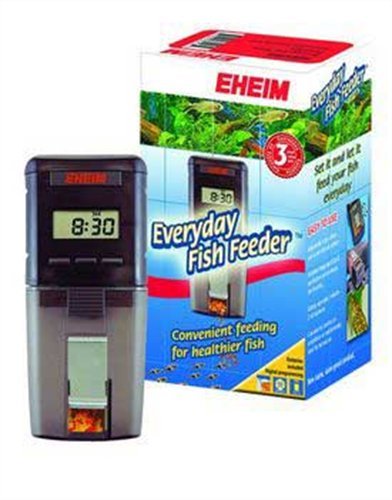 Lets Review Automatic Pet Feeders
One for your Cat or Dog, and
Lets Review Automatic Pet Feeders
One for your Cat or Dog, and
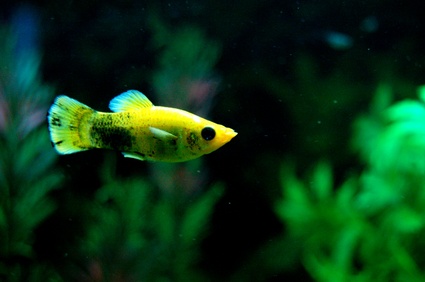 Types of Fish for Freshwater Aquariums
Types of Fish for Freshwater Aquariums
Types of Fish for Freshwater Aquariums
Types of Fish for Freshwater Aquariums
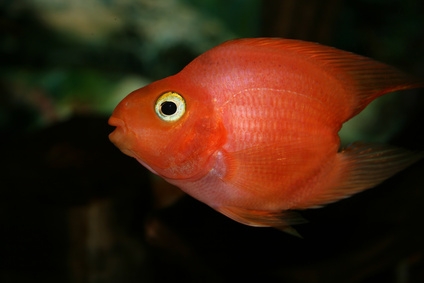 Compatibility Between Freshwater Tropical Fish
Compatibility Between Freshwater Tropical Fish
Compatibility Between Freshwater Tropical Fish
Compatibility Between Freshwater Tropical Fish
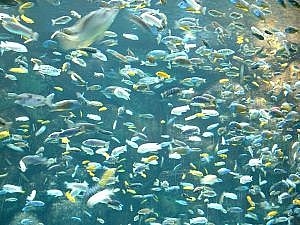 How to Feed an Oscar Fish
How to Feed an Oscar Fish
How to Feed
How to Feed an Oscar Fish
How to Feed an Oscar Fish
How to Feed
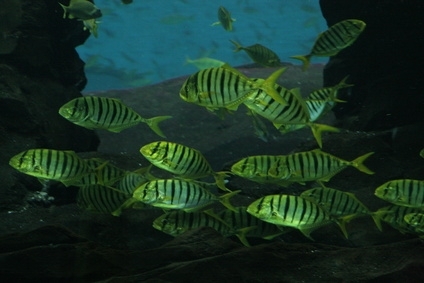 Freshwater & Saltwater Fish
Freshwater & Saltwater Fish
Freshw
Freshwater & Saltwater Fish
Freshwater & Saltwater Fish
Freshw